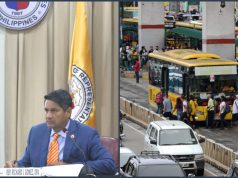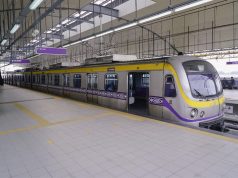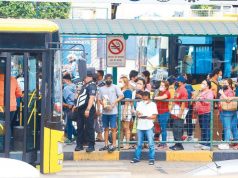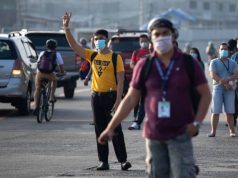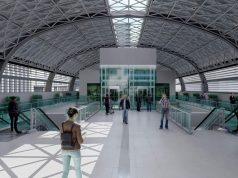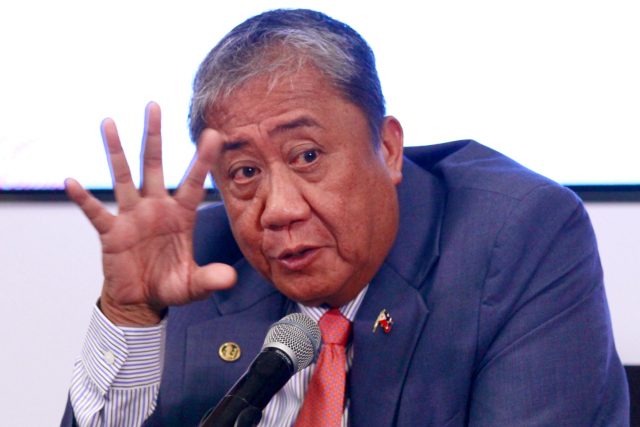
MANILA – The government targets to roll out the first subway system in the Philippines by the third quarter of 2018, months earlier than planned, in an effort to ease the traffic congestion in Metro Manila and reduce losses, Philippine officials said. This, as Japan International Cooperation Agency has already completed the feasibility study for the Japan loan-funded subway project, while expressing hope it could ease traffic congestion in Metro Manila that JICA now estimates as costing the economy P3.5 billion a day, up from PHP2.4 billion in 2014.
The planned subway is a 25-kilometer underground mass transportation system running from Mindanao Avenue in Quezon City to the FTI complex in Taguig City. It is expected to serve around 370,000 passengers per day in its opening year.
Elaborating on the adjusted third-quarter 2018 rollout, Socioeconomic Planning Secretary Ernesto Pernia told reporters Thursday, “That is the target (rollout) instead of first quarter next year. That is the target of DOTr (Department of Transportation). (DOTr Secretary Arthur) Tugade is really pushing it, which is good.”
Pernia expects the PHP355.6-billion Metro Manila Subway project to be “partially operable” by 2022, the end of the Duterte administration’s term, with three or four stations with partial operations.
During the joint meeting of Philippines and Japan Economic Cooperation Committees, Tugade said that once completed by 2025, the subway would start from Mindanao Avenue in Quezon City leading up to Ninoy Aquino International Airport .
Pernia, also Director-General of the National Economic and Deveopment Authority, further said the Philippines and Japan are on track for the signing of the first tranche of the loan agreement for the subway project next month.
For his part, JICA Philippines Office Chief Representative Susumu Ito said the completion of the subway project could “drastically reduce” the traffic cost estimated at PHP3.5 billion a day in Metro Manila in 2017 from PHP2.4 billion in 2014.
“If we do nothing, it will become PHP5.4 billion a day in 2035, but with BBB (Build! Build! Build! Program), it will be reduced to PHP3 billion a day. With additional projects, it will be reduced to PHP2.4 billion a day,” he said in the same event.
Under the updated roadmap, Ito said traffic cost in Bulacan, Rizal, Laguna and Cavite reached PHP2.3 billion a day in 2017.
He considered the Philippine government’s Build! Build! Build! in the “right direction”, thus a “must-do” program.
The government targets to spend PHP9 trillion under the infrastructure program during its six-year term. (PNA)




